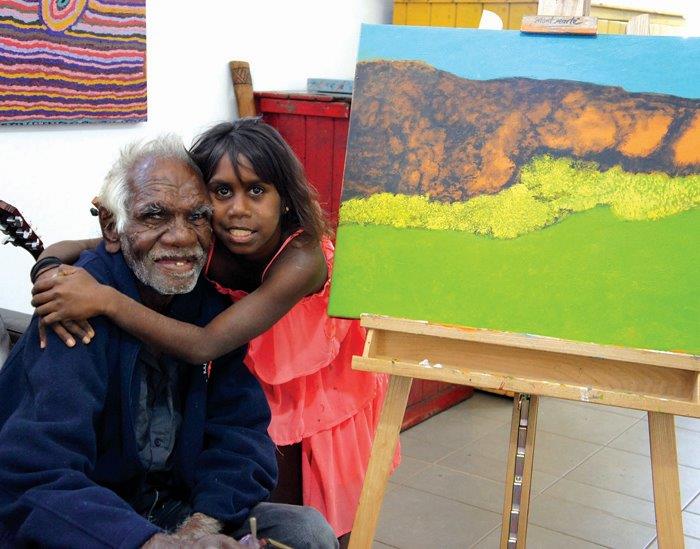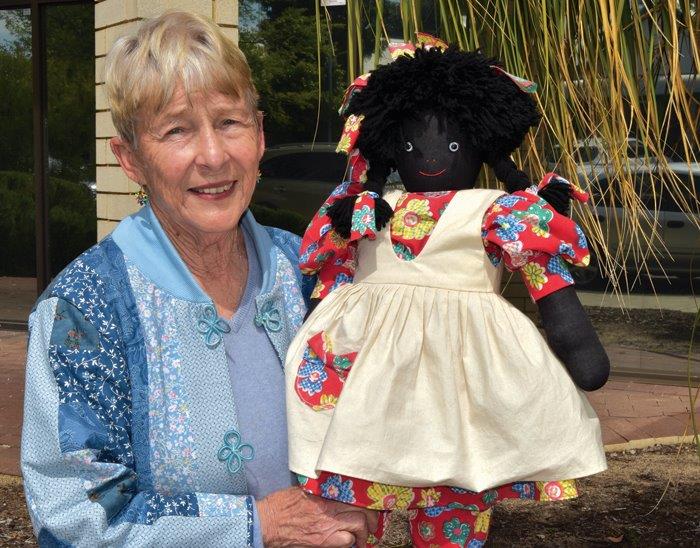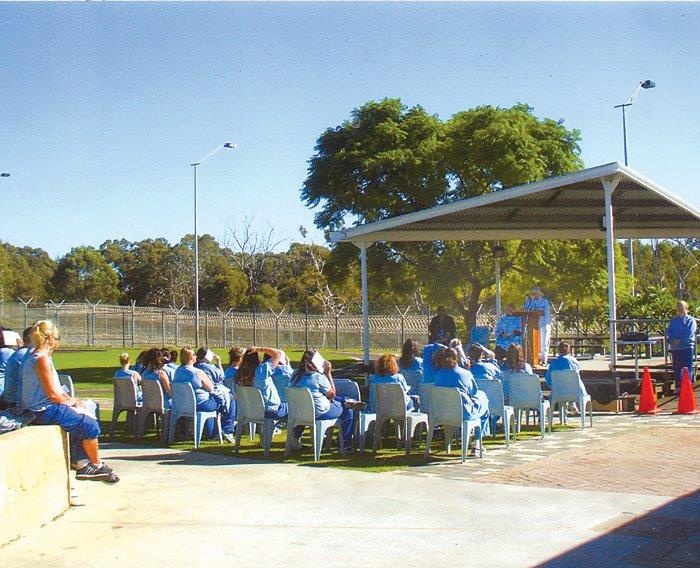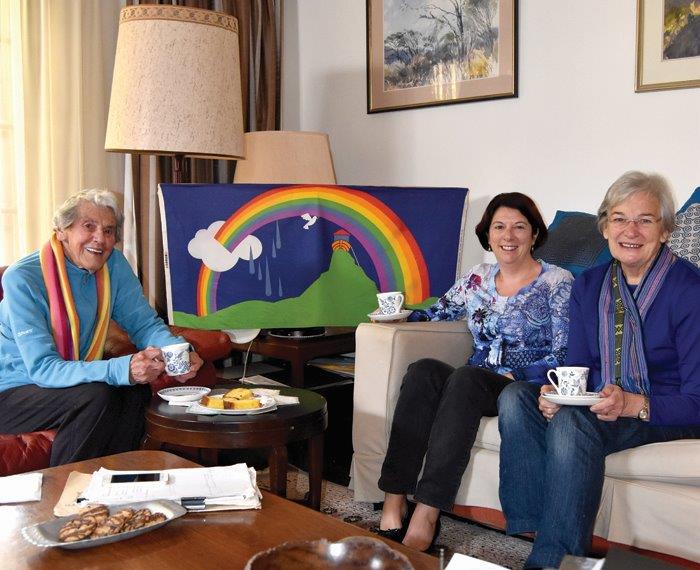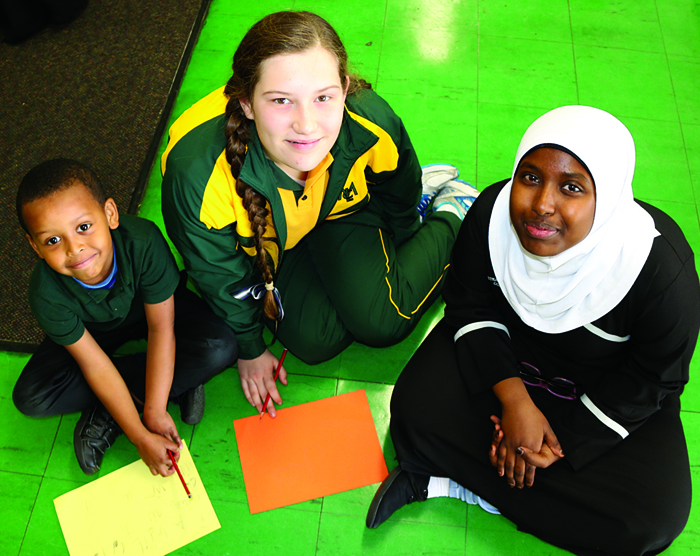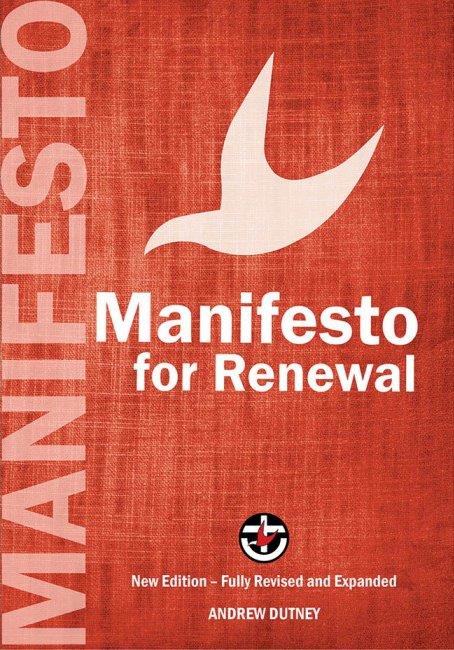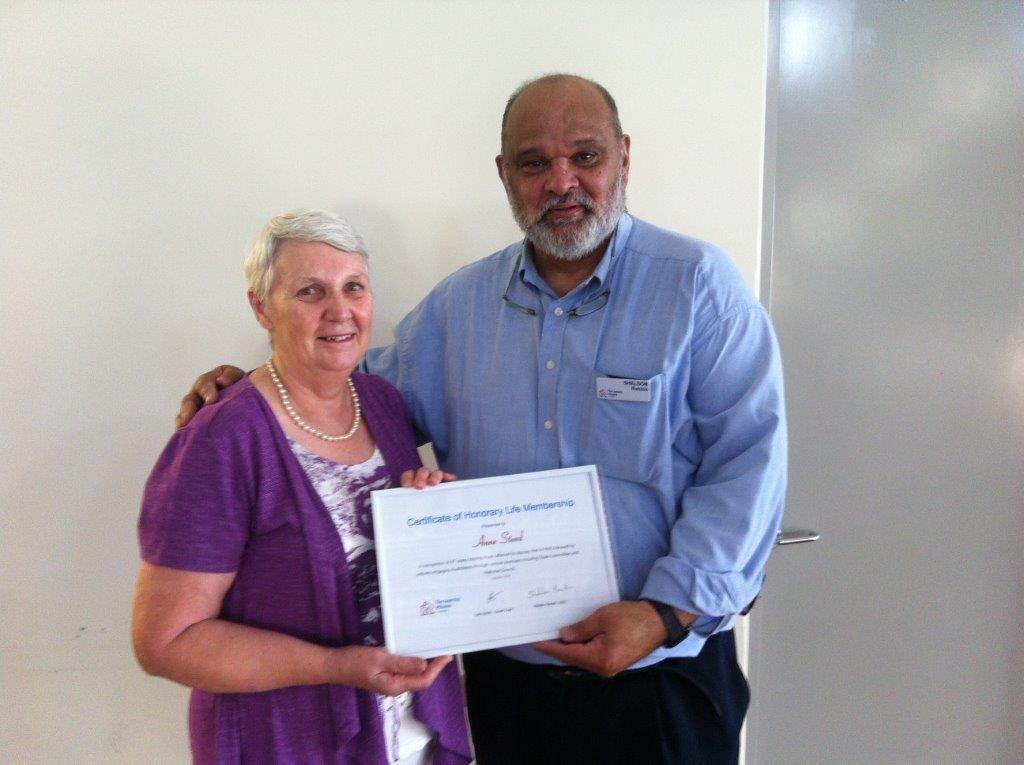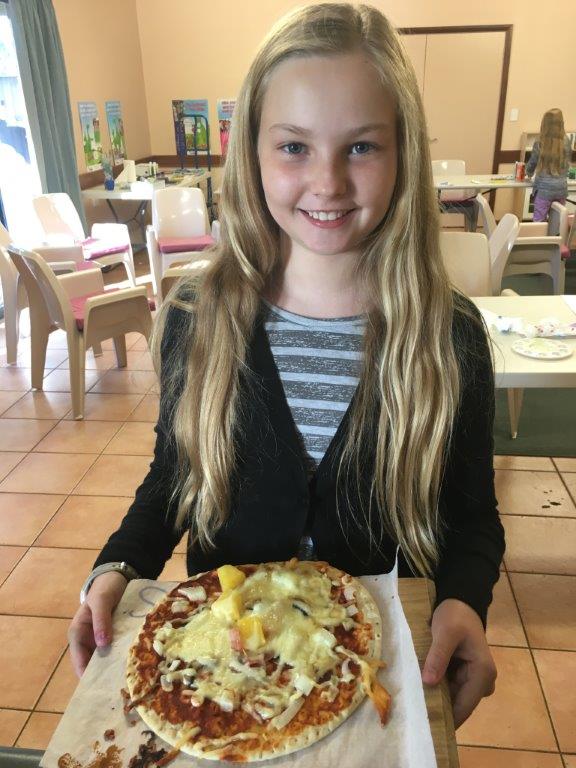Edith Smirk is a Uniting Church chaplain at Bentley Health Service. She reflects on her role offering pastoral care to people living with mental illness.
People with mental [illness], like other people, have a need to relate to a god or a philosophical world view that allows them to place themselves and their lives within a larger context. However, for a person who has been diagnosed with schizophrenia this can be problematical for a number of reasons. For one thing, the onset of the disease often occurs during the same period of life when religious and philosophical beliefs are in great flux. For many during the early stages of their illness, they may believe they have been specially chosen by God. When auditory hallucination is experienced, these beliefs are usually reinforced. It is important not to encourage such beliefs, just be present. E Fuller Torrey MD 2006
Jesus listened and told stories. This is something I can do. Just to be there and to listen non-judgmentally is the greatest gift we can give at times. Working in mental health can be very challenging and at the same time very rewarding; I believe for me it has been a true calling. I believe God has in some way been preparing me for this role throughout my life.
Working with the patients brings me such joy. Hearing their stories sometimes touch on my own. Jesus knows our pain, he suffered and was tempted by the devil, he knows our weaknesses and by trusting in the Lord we grow strong. When we reach out to Jesus, he touches our hand, and his hand touches God, which gives us life, love and hope. And it is this hope and love I try to bring to our patients.
